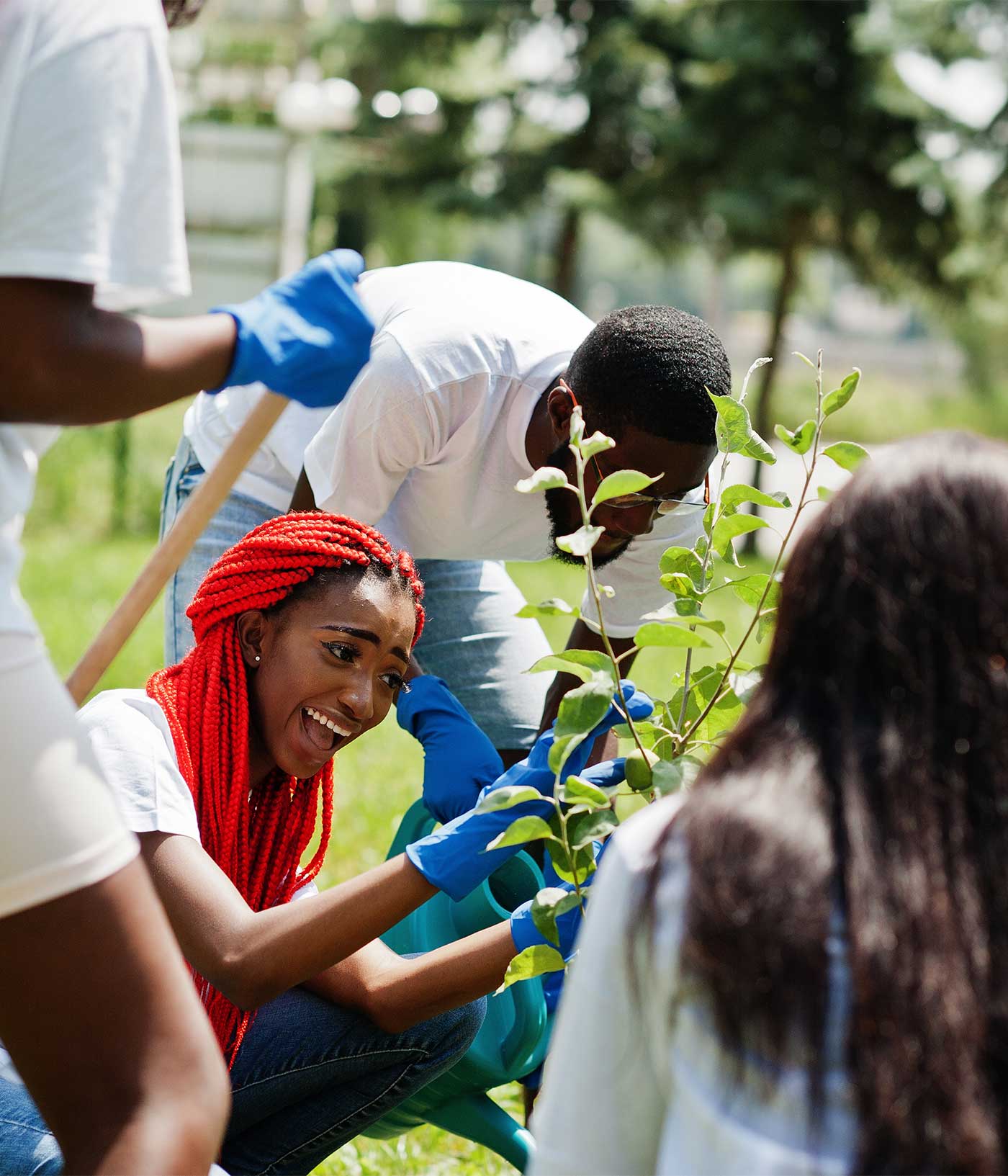Climate change impacts are not distributed equally, and vulnerable communities often bear the brunt of environmental degradation and climate-related disasters. Addressing the social equity dimensions of climate action is essential for ensuring that the burden and benefits of climate mitigation and adaptation are fairly distributed. At EcoAmis, we advocate for climate action that prioritizes social equity and inclusivity, particularly in the context of Africa’s diverse and interconnected communities.
Understanding Vulnerability and Inequality
Social equity in climate action begins with understanding the unique vulnerabilities and inequalities that exist within African societies. EcoAmis supports comprehensive assessments of social vulnerability, taking into account factors such as income, gender, ethnicity, and geographic location. By understanding these disparities, climate action can be tailored to address the specific needs of marginalized communities.
Community Engagement and Participation
Meaningful engagement and participation of local communities are essential for ensuring that climate action is inclusive and responsive to the needs of all individuals. EcoAmis advocates for the involvement of diverse stakeholders in decision-making processes, empowering communities to contribute to the design and implementation of climate initiatives. By fostering community participation, climate action can be more responsive to the concerns and priorities of those most affected.


Equitable Access to Resources and Services
Access to resources and services, such as clean energy, water, and healthcare, is essential for building resilience in the face of climate change. EcoAmis promotes policies and programs that ensure equitable access to these resources, particularly for marginalized and underserved communities. By addressing disparities in resource access, climate action can contribute to improved well-being and resilience across all segments of society.
Empowering Vulnerable Groups
Vulnerable groups, including women, children, indigenous communities, and people with disabilities, often face disproportionate impacts from climate change. EcoAmis advocates for targeted interventions that empower these groups, including capacity building, education, and economic opportunities. By empowering vulnerable groups, climate action can enhance resilience and foster social inclusion.
Climate Justice and Policy Frameworks
Climate justice principles should underpin policy frameworks and decision-making processes related to climate action. EcoAmis supports the integration of climate justice considerations in national and regional policies, ensuring that the most vulnerable communities are prioritized in adaptation and mitigation efforts. By centering climate justice, policy frameworks can address historical injustices and promote fair and equitable outcomes.
Conclusion
In conclusion, advancing social equity in climate action is essential for building resilience and ensuring that the benefits of climate action are distributed equitably across African communities. By understanding vulnerability and inequality, fostering community engagement and participation, ensuring equitable access to resources and services, empowering vulnerable groups, and integrating climate justice principles into policy frameworks, Africa can advance climate action in a way that promotes social equity and inclusivity.
EcoAmis is committed to collaborating with governments, civil society organizations, and local communities to advance social equity in climate action. Together, we can work towards a future where climate initiatives are inclusive, responsive, and beneficial for all members of African society. Join us in championing social equity in climate action and building a more resilient and just future for Africa.



